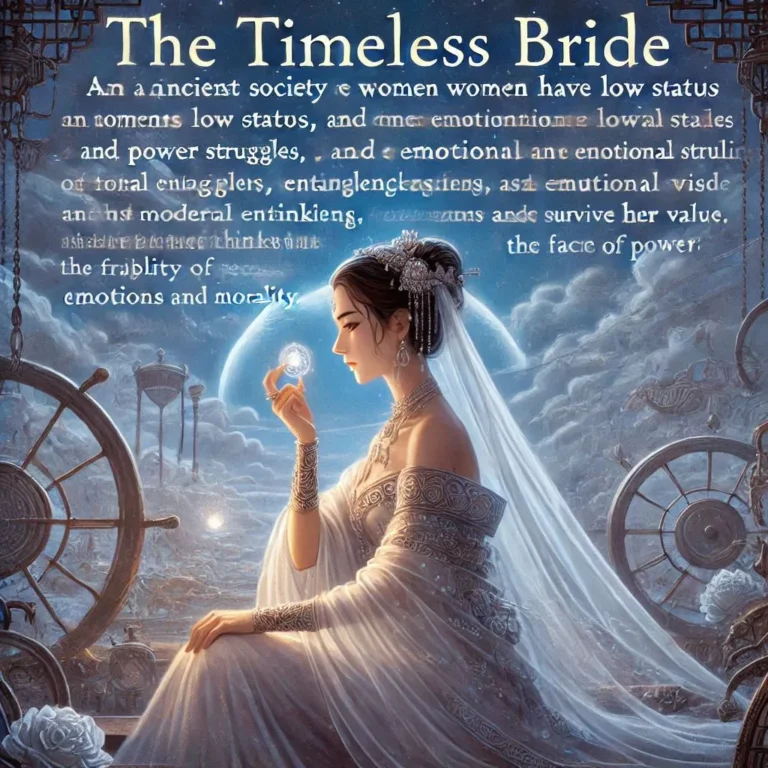Annabel glanced at him with disgust and turned to William Mina with a fake smile. “Hope you’re adapting to school life, Willy.”
William Mina sat on the sofa, nodding stiffly, “Thank you, everything is fine.”
“Is coursework difficult?”
“I can keep up.”
“Made new friends?”
William Mina shrugged, “So-so.”
The royal children discussed her school life, roommate, and the challenges of being a royal child.
“Cairns,” Wilhelmina whispered, “let her finish speaking.”
Cairns fell silent. Annabel looked at Wilhelmina. “I have nothing more to say. You all have my contact information. I’ll be busy recently and may not be at school. If anyone asks, you know what to say, right?”
“Don’t worry, sister,” Georgiana said, her eyes sparkling with excitement.
Annabel reassured her siblings. Though they were weak or naive, as royal children, appearing elegant and composed was enough.
Wilhelmina sipped her milk tea, her gaze subtly sweeping across everyone, finally meeting Cairns’ eyes.
Outside, dark clouds gathered on the horizon, hinting at changing weather. The rain would wash away the last summer heat, ushering in the first cool breath of autumn. The water lilies in the pond began to wither, and the air grew dry and cool.
Wilhelmina finished her first week of boarding school and welcomed the weekend. She and Angela walked out of the dormitory with the flow of students. A black vehicle had been parked across the road, with a man in a court official uniform standing by the door, his black hair gently moving in the wind.
Seeing the girls, the secretary smiled gently as he bent down.
“Owen!” Wilhelmina cheered and ran towards him.
Hans Borg spread his arms and lifted her into his embrace, her joyful laughter vibrating against his eardrum. He let out a long breath, feeling his heart melt.
“Are you okay, sweetheart?”
“Not bad,” Wilhelmina replied, hugging his neck and kissing his cheek. “Did you miss me?”
“Of course, my lady. I’m so happy to see you’ve adapted to school life,” he gently adjusted her hair. “Come, say goodbye to your friend.”
“See you next week, Angela,” Wilhelmina waved before being carried into the car by the secretary.
Angela stared blankly at the departing vehicle, surprised at the transformation of her once-low-key roommate.
Chapter 15



